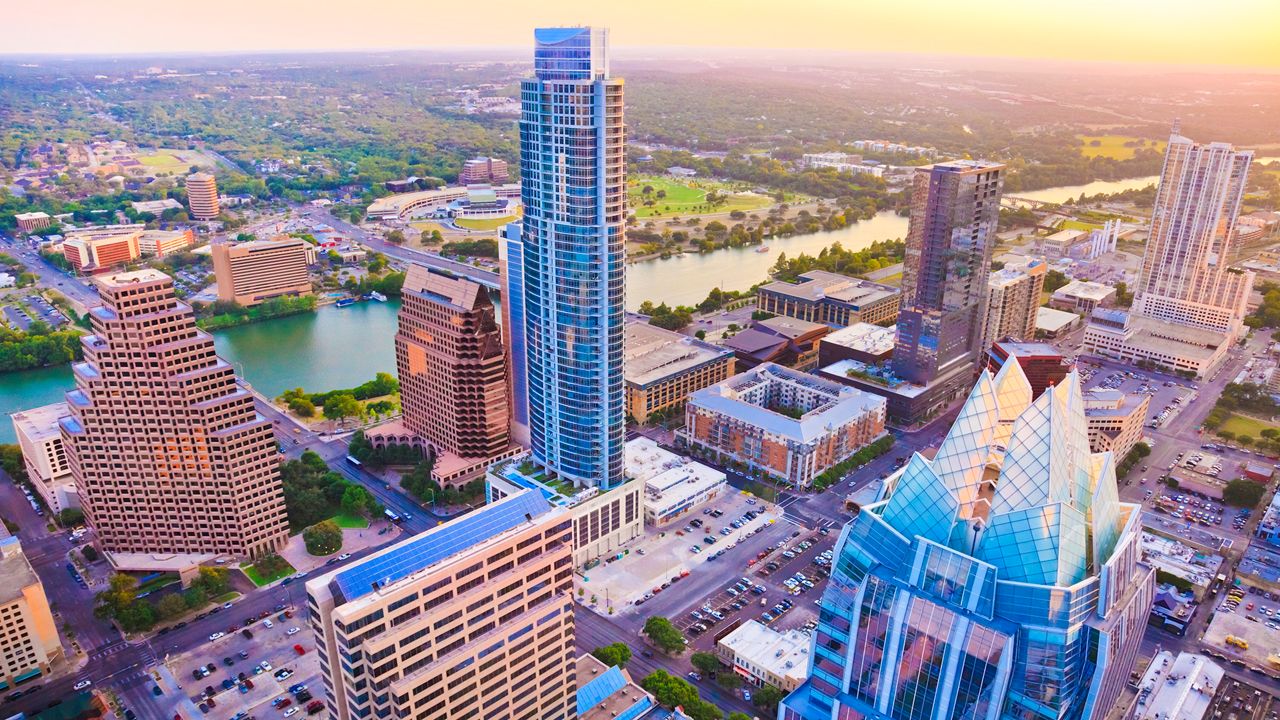Austin City Council has placed a $350 million affordable housing bond on the November ballot, the fourth such effort the city has undertaken since 2006.
Austin has devoted $370 million in three prior bond issues to the subject of affordable housing. Goals of this bond would include home repair, preservation of existing affordable housing, the creation of low-income rental housing and support for low-income homeownership.
“Colleagues, I filed a base motion with respect to the bond,” Mayor Steve Adler said at Thursday’s Council meeting. “It recommends we take signification action against what is our most pressing city issue, which is housing and affordability.”
An amendment by Council Member Ann Kitchen bumped the value of the bond package from $300 million to $350 million. Adler also added an amendment that clarified that the bond would support the development of affordable housing on public land.
The final vote was 8-1-1, with Council Member Vanessa Fuentes absent at a national meeting and Mayor Pro Tem Alison Alter declining to vote until she saw additional information and collected more feedback from her constituents.
Council Mackenzie Kelly, a conservative, was the lone “no” vote on the proposal. While Kelly did not speak during Thursday’s discussion, she issued a statement when the bonds were initially proposed.
“There is no question that we have a housing crisis in our city, and we must take action,” Kelly said. “I’m concerned that the affordable housing bond will significantly impact taxpayers and ultimately make the city even less affordable.”
Ethan Smith, who addressed the Council during public participation, echoed that sentiment. Smith said he was neutral on the bond issue, while recognizing the need for affordability in the city.
“I understand thinking of it as a tool in our tool belt, but you’re paying for it by increasing property taxes,” Smith told the Council. “So, my big question is, how much of that is going to be passed on to renters, because those are the people you’re trying to provide affordable housing for, right?”
The city’s estimate is that the bond proposal will add just over a penny to the debt portion of the city’s tax rate. For those who have the average home in Austin — valued at $448,000 — the impact on the tax rate increase, after tax exemptions, will be $40.14 per year.
The city memo does not estimate what the impact will be on apartment complexes in the city, which have no tax exemptions. Newer apartment projects along Riverside Drive, such as Zoey, Edison and Henley, have values well in excess of $70 million.
The bond will have both supporters and detractors. Affordable housing advocates lobbied heavily for the bond.
“Austinites overwhelmingly support taking urgent action to address affordability in our city and taking steps to address the housing needs of those most in need in our community,” said Awais Azhar, who serves on the board of HousingWorks Austin. “This unprecedented investment of $350 million will allow us to expand affordable housing opportunities for everyone in our community.”
Save Austin Now, which spearheaded the drive to put the homeless ordinance on the ballot, is opposed to the bond.
“We need affordable housing for everyone — not just a select few — paid for by everyone else,” said Save Austin Now co-founder Matt Mackowiak. “City leaders use bonds, which increase the tax burden, as a crutch to paper over problems their own policies make measurably worse.”
Mackowiak points to the mobility bond and Project Connect as two recent voter-approved measures that either have underperformed or are collapsing under their own weight.
A better solution would be to cut development fees and permit delays that are adding to the cost of development in Austin, Mackowiak said. A recent Austin Board of Realtors study indicated single family in-fill development in Austin carries $40,000 in development fees, per unit.
The city bond proposal joins bond proposals by Austin Independent School District on the November ballot. AISD has two proposals: one for $1.5 billion and a second one for $2.1 billion.
